The Battles of Khalkhin Gol, referred to as the “Nomonhan Incident” in Japanese sources, began 84 years ago today.
The Battles of Khalkhin Gol, referred to as the “Nomonhan Incident” in Japanese sources, began 84 years ago today.
According to the Japanese, the Khalkhin Gol or “Khalkha River” in eastern Mongolia marked the boundary between their client state of Manchukuo and the Soviet-allied Mongolian People’s Republic. The Mongolians, however, insisted that the actual border was 10 miles east of the river near the small town of Nomonhan.
On 11 May 1939, a group of roughly 80 Mongolian cavalrymen crossed into the disputed territory to graze their horses but were soon driven off by Manchu cavalry. The Mongols returned in greater numbers two days later and began fortifying their positions to the extent that Japan’s Manchu proxies could not drive them off.
This prompted the Japanese Kwangtung Army to begin dispatching its own forces to the area, beginning an escalation that would lead to major combat operations between themselves and the Soviet Red Army throughout that summer and ultimately result in a crushing Soviet victory which solidified the reputation of General Georgi Zhukov and all but silenced the advocates of instigating a war with the USSR within Imperial Japanese Army.


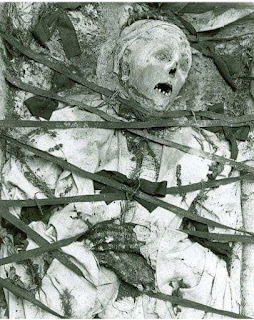
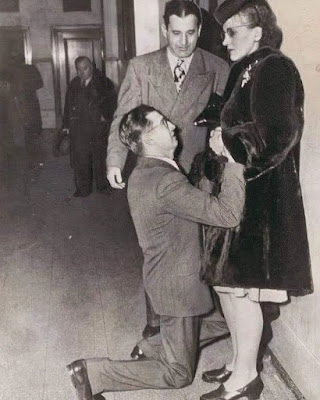
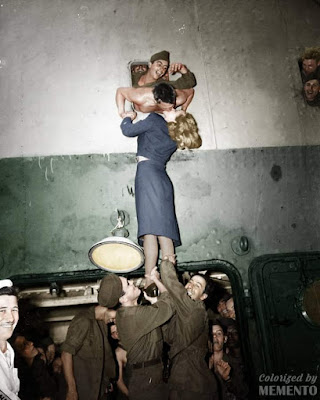


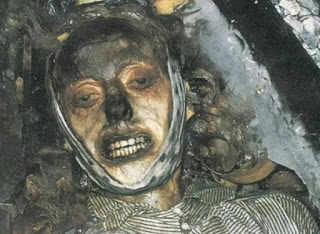
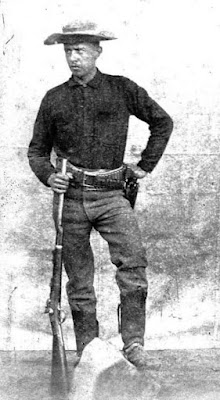

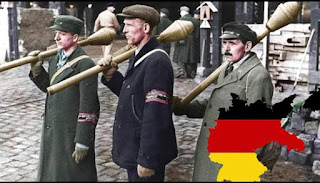
Comments
Post a Comment